Lessons for the Wallabies from our rebuild at the Demons
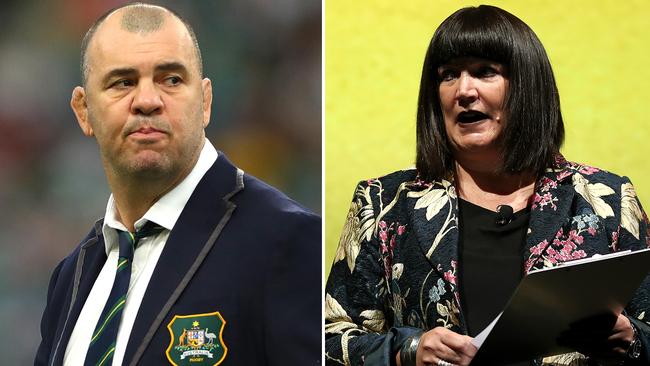
First, there has to be unequivocal support for the coach from the chief executive. A good relationship between the front office and the coach is imperative. When I read about the disharmony between Michael Cheika and Raelene Castle I thought, well, no wonder it’s all come undone at the World Cup. That sort of rift is a recipe for disaster. Without alignment with your chief executive, you start fearing the worst. What’s being said behind my back? Are they trying to get rid of me? Is my job on the line? Players and staff pick up on the tension. Everyone feels uneasy.
It’s never a secret if people at the top are at loggerheads. Everyone is affected. Coaches need confidence as much as the players.
- READ MORE: Eddie Jones ‘should be no.1 priority’ | Wayne Smith — Should we pay for Eddie whirlwind? | Mark Ella — Wallabies left in no man’s land
One of the first things we got right at Melbourne was cohesion from the top down. Like-mindedness. Everyone was aligned on who we wanted to be, how we were going to act, everyone knew their roles. There’s absolute clarity in successful organisation. There can’t be infighting or factions. The Wallabies really have to get that right. For Cheika and Castle to have had no relationship, that’s ridiculous. It can’t work like that. There has to be trust. Without trust, it just creates a really poor environment and sooner or later, the results are going to reflect that.
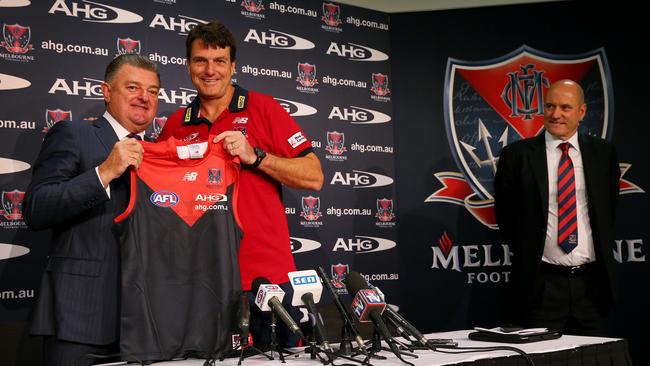
Second, I believe the coach has to be given all the responsibility and authority. You can’t have a high-performance manager coming in on top of the coach. A high-performance manager suggests the coach doesn’t have the faith of his bosses. If anyone’s meant to be managing performance, it’s already him. There’s no two ways about that. Obviously there’s a hierarchy in coaching groups, but the head coach has to be at the top of it. He can’t be reporting to a high-performance manager. That’s completely out of whack with how I think the best sporting teams function. The senior coach has to be running the show, without interference or the sense that he’s beneath someone else. That undermines authority and confidence.
Third, teams that win sports championships throughout the world are the best defensively. People sometimes think they’re not doing enough in attack during a regular season but come finals time, defence invariably wins competitions. Attack-and-talent based teams have their good days during a season and beat the best teams. But great defensive teams create pressure and turnovers.
They win high-pressure games. They’re physical and aggressive. The team no one else wants to play — that’s where you want to get to. Strong defensive teams can still be high scoring, because points are needed on the board, but that comes after the real work gets done.
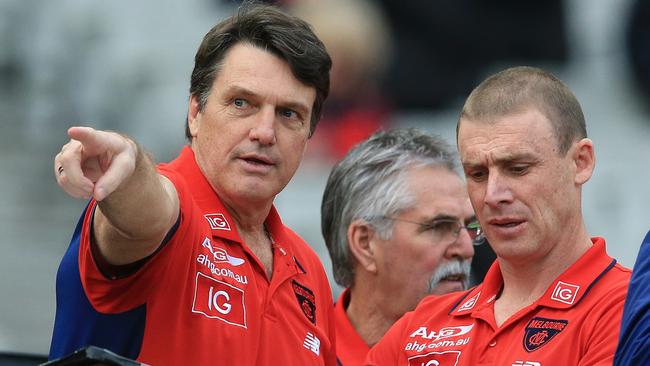
At an elite level, your players already have attacking skill. You have to drum the hard-nosed, unglamorous sides of the game into them. You want to frustrate the opposition. Build a defence that no other team finds easy to break.
It was our mantra at the Demons — be the team everyone hates playing. That doesn’t come from playing fancy. You get tough around the football.
Be defensively strong and consistent and keep building on that. Be physical. Be tough to score against. Offence is talent, and defence is mentality. Defence is more controllable. Everyone can be taught a consistent defensive mindset.
There’s more talented players than not when you’re a high-level coach. Ball in hand, they’re ahead of the curve. If anything needs to be drummed into them, it’s the basics. Over and over again. Until it’s boring. Because boring makes you good. Boring makes you consistent. Boring gives you regular behaviours and selections and the execution of game plans. Then you add your imaginative layers. But there’s a simplicity to knowing what everyone’s role is. How you act and behave on and off the field.
If you’re a behavioural-based team, your performance rarely drops. I think of Hawthorn and the Melbourne Storm. If you’re a talent-based, experimental team, you’ll have your good days when you beat one of the better teams. But it won’t last, and it will crack under pressure. The great teams have loads of talent … but they have a focus on behaviours, roles, routines and the basics.
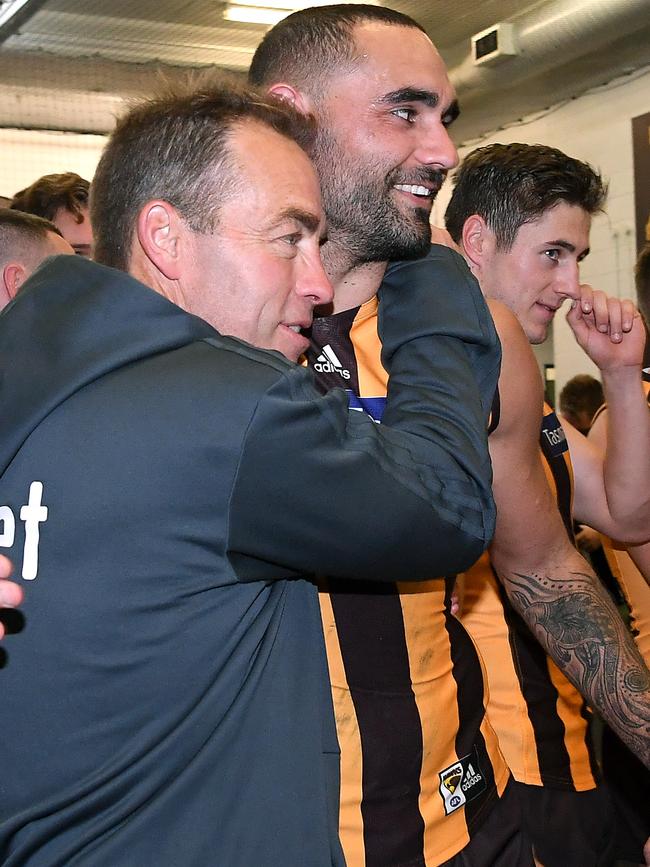
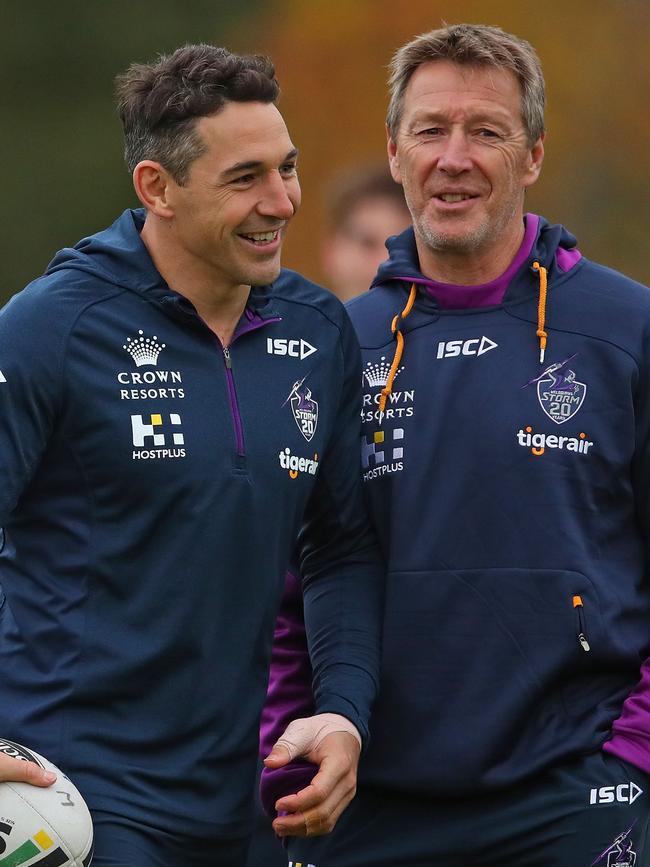
To the point I made about the coach and chief executive needing mutual support and trust for the good of the organisation, I can’t stress that enough as a starting point. I’ve seen it both ways and I know which one works. I’ve seen it where a coach won’t talk to a chief executive or chairman, and it just makes life extraordinarily difficult. Everyone’s uncomfortable: the players, the staff, the coach. It’s the elephant in the room, and a huge one at that.
It doesn’t mean you can’t win, but it makes it a heck of a lot harder. That’s not to say you won’t have your arguments and disagreements but you have to be able to look each other in the eye, with respect, and say you were right here, I was wrong there, I think you got it wrong on this one, though. There has to be a palpable sense of everyone working together and moving on.
The type of relationship that I’ve read about between the coach and chief executive at the Wallabies — you just can’t have that in an organisation. It just doesn’t work. If there’s rifts and factions and people throughout an organisation feeling uncomfortable and at loggerheads instead of aligned — you’re on your way to becoming the team everyone is more than happy to play against.

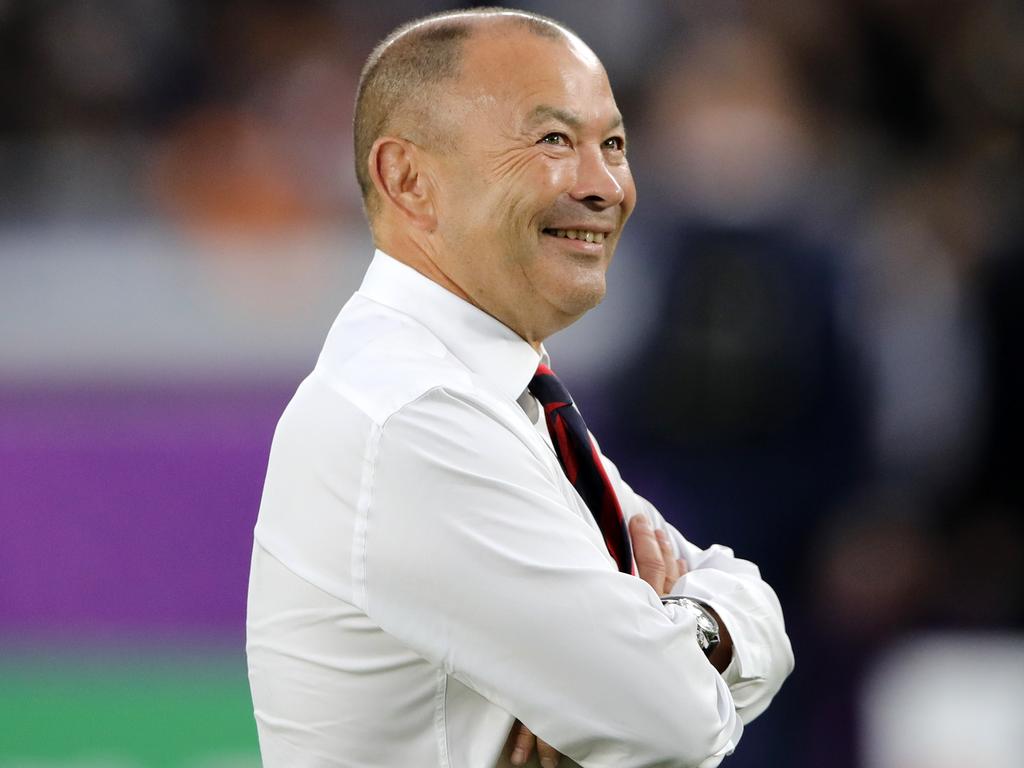
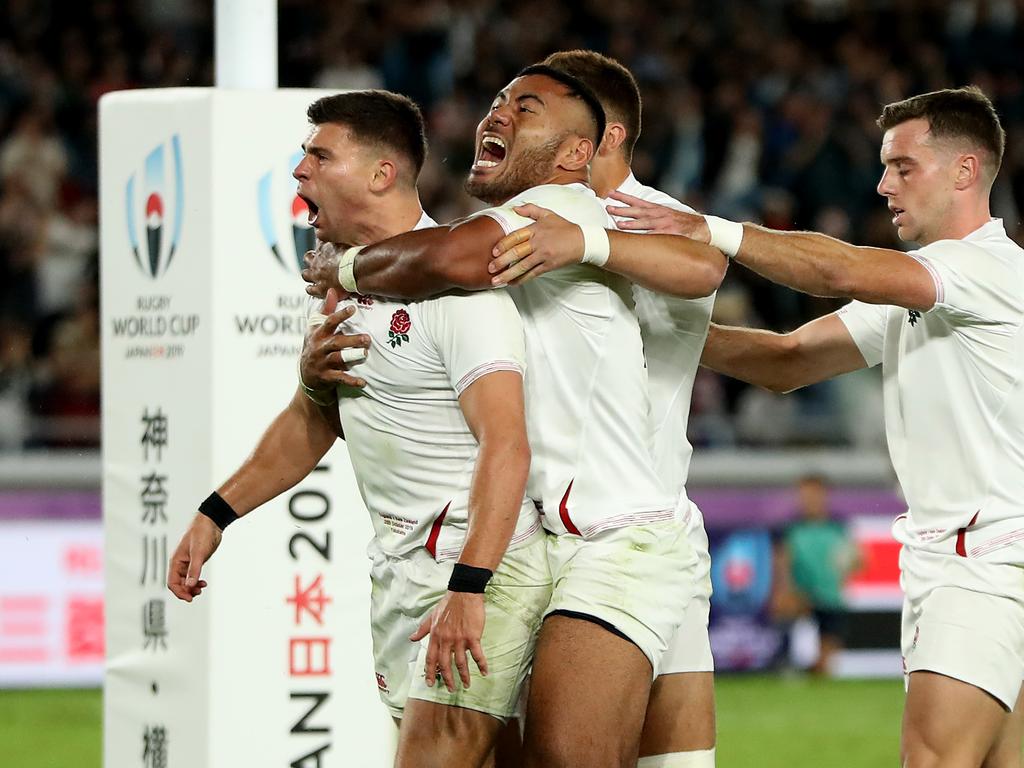
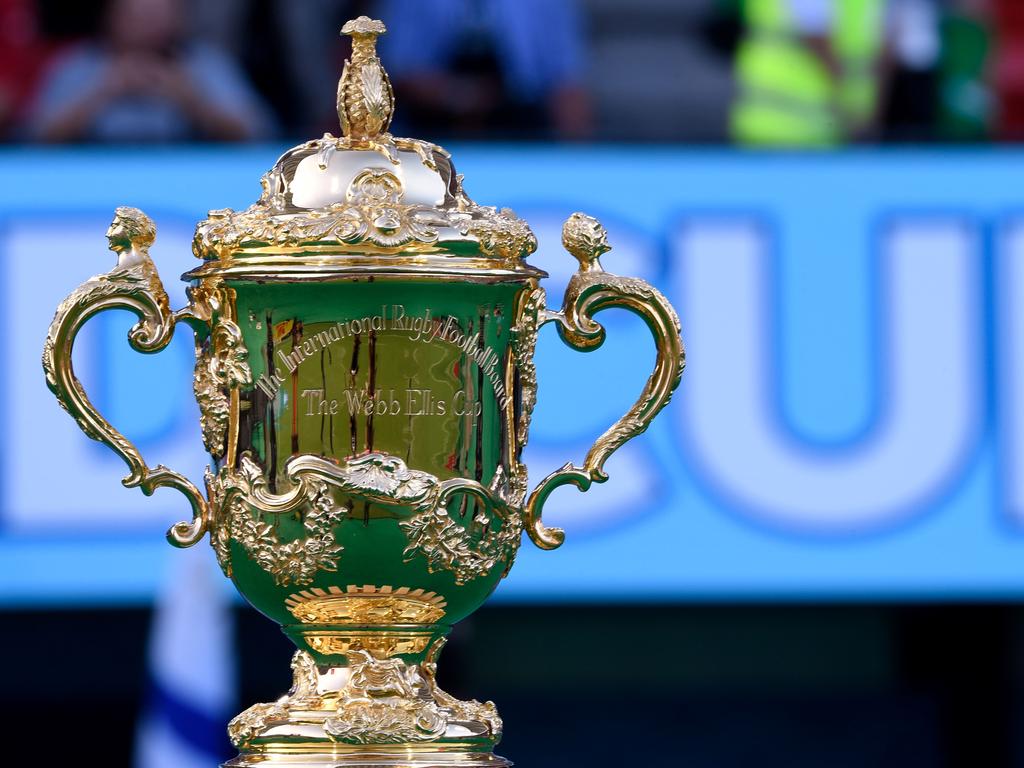


I’ve been where the new Wallabies coach is about to go. Square one. I know we’re talking about different sports here but I took on the Melbourne Demons’ job when they were rock bottom in the AFL. We successfully rebuilt the club and I think there are parallels to what the Wallabies are attempting. Here’s my 2c worth on how it can be done.